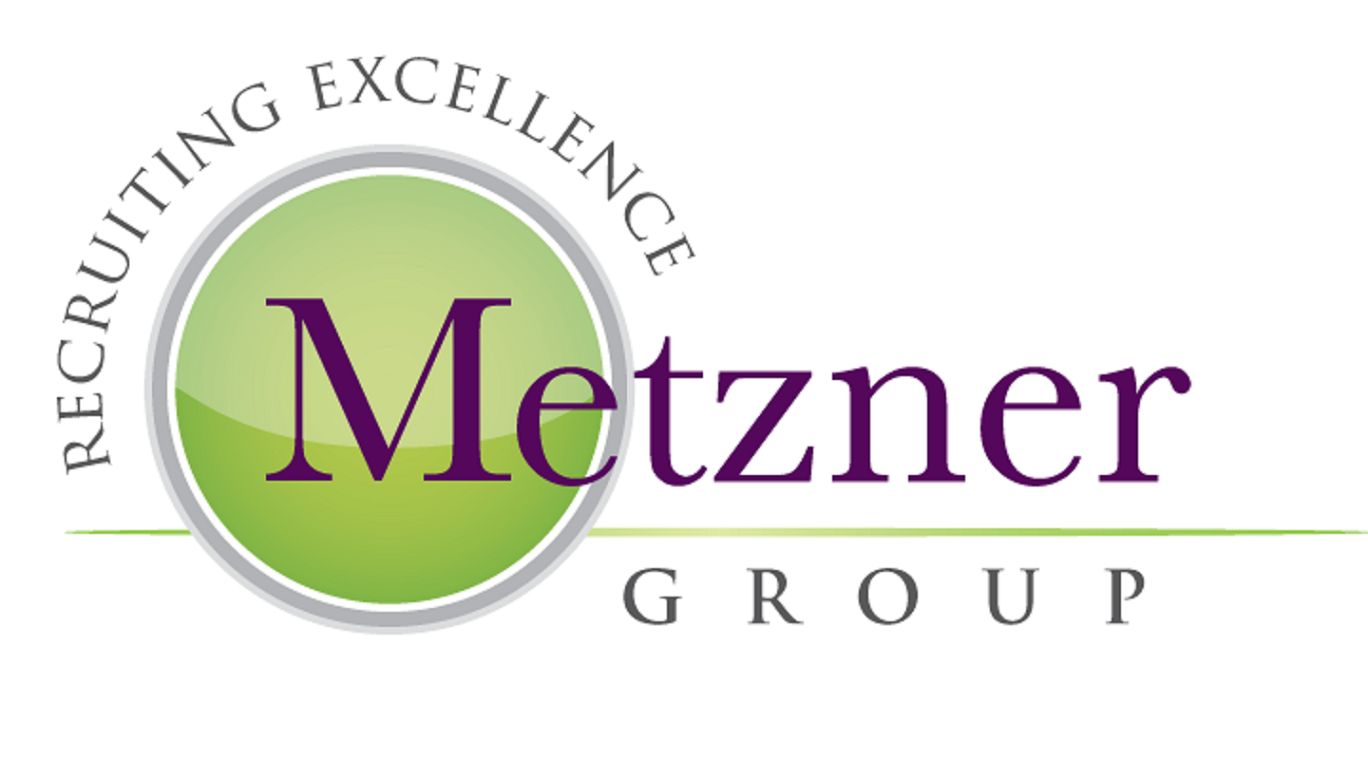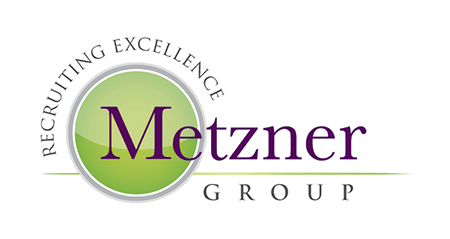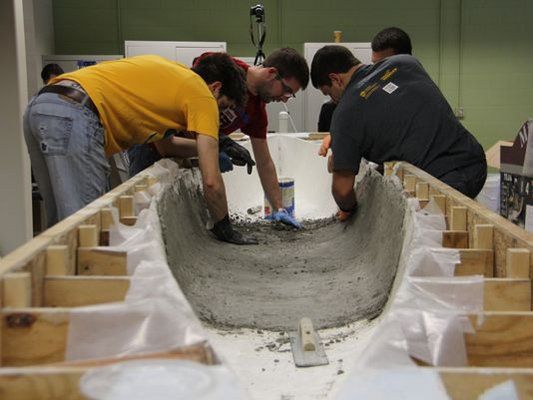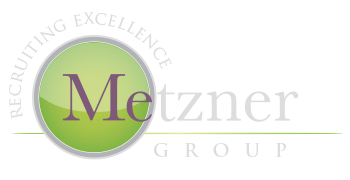What Can You Learn From A Concrete Canoe?
In June 2011 the American Society of Civil Engineers (ASCE) will sponsor the National Concrete Canoe Competition . Expanded to a national level 24 years ago, ASCE reports that concrete canoe races in the United States actually began in the 1960s, when a small number of ASCE student chapters began holding intramural races. Since then, “students’ efforts to combine engineering excellence and hydrodynamic design to construct water-worthy canoes have culminated in an advanced form of concrete construction and racing technique known as the ‘America’s Cup’ of Civil Engineering.”
Over the years I have reviewed resumes of students who proudly list their concrete canoe achievement. Until I started recruiting civil engineers back in the 1980s, I had never heard of the concrete canoe competitions nor what they could teach participants. Student and professors have shared with me the benefits of this challenge. Here are some of their statements/achievements:
- This was an opportunity for a hands-on learning experience; taking concepts and principles and putting them into practice.
- The competition pushed us to collaborate as a team.
- Each of us learned to work together to formulate a plan, come up with a design, write and present our report, work within a budget, keep on schedule.
- Like in the workplace, we learned to work as a team with various personalities towards one goal. As engineers, at times we isolate and enjoy our analytical successes. This experience was one of my best!
- We gained actual experience working with materials, understanding their interactions and experimenting with what worked and what didn’t.
- This experience prepared me for work in the ‘real world’ of civil engineering.
The Civil Engineering Central Group on LinkedIn has multiple discussions surrounding courses that should be added to the college curriculum. This competition seems to be an excellent introduction to project and team management and public interaction.
Have you joined in the Concrete Canoe competition? What did you learn for the experience?
The Metzner Group Blog




